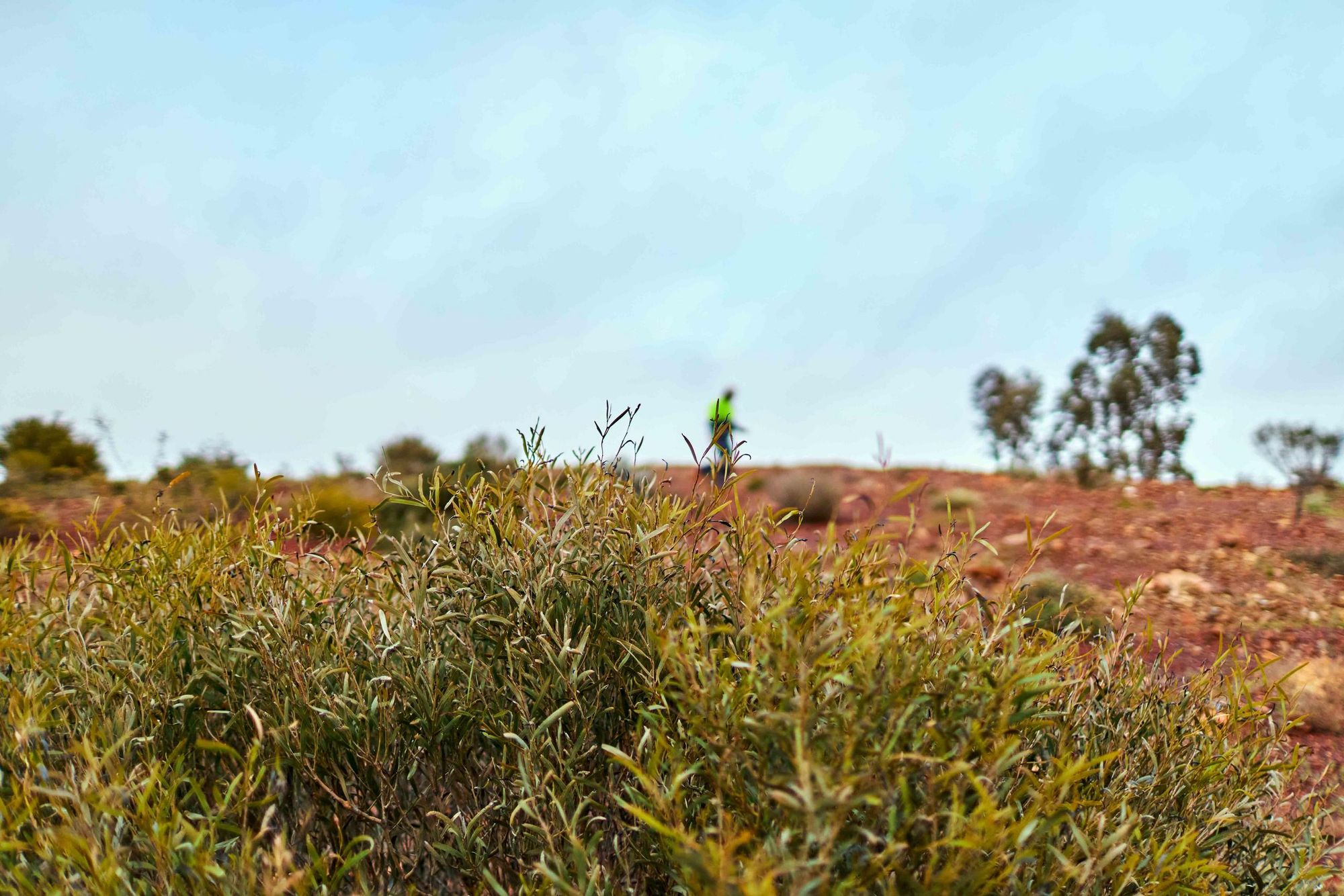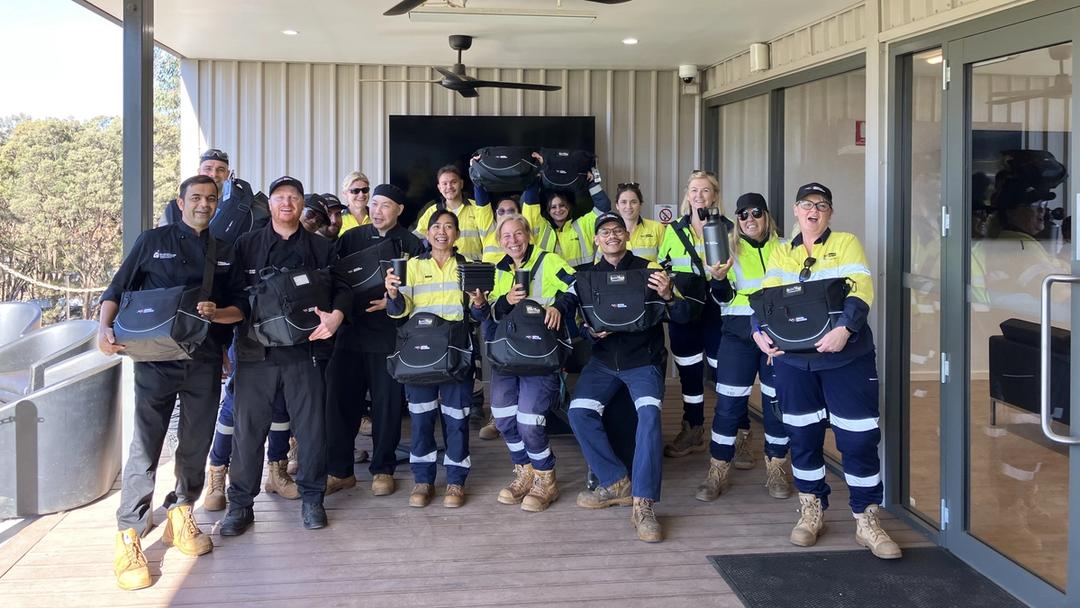Land management
Responsible land management is integral to our operations and we are committed to restoring, maintaining and enhancing the landscapes in which we work.

Our commitment
We are committed to upholding responsible land management practices, ensuring our development activities and operations minimise impacts to the environment, cultural heritage and social surrounds, while sustaining ecosystems and respecting the rights of other landholders.

Our management approach
Land disturbance is an inevitable part of the mining process and MinRes recognises the important role of land management in responsible mining during the life of our operations. Effective land management ensures we mitigate avoidable impacts to the land, remain compliant with our obligations and protect our stakeholder relationships.
We manage these risks through several mechanisms, including:
- our MinRes Risk Management System
- regularly reviewing and implementing process improvements
- update the MinRes Environmental Management System (EMS) to ensure a consistent approach to environmental management across all our business units and subsidiaries
- land management risk analysis and internal permitting tool, the Land Activity Permit (LAP).
The LAP process governs MinRes land disturbance activities by affording our Land Access and Tenure, Environment, Heritage, Native Title, and Rehabilitation and Closure teams the opportunity to assess risks presented by proposed works prior to their execution.
Throughout FY25, we continued to develop the capability of our LAP process, and the digital platform that supports LAPs, the Approvals Management System (AMS). The LAP process governs MinRes land disturbance activities by affording our Land Access and Tenure, Environment, Heritage, Native Title, Rehabilitation and Closure teams the opportunity to assess risks presented by proposed works prior to their execution. These teams, collectively known as LAP Assessors, assist site teams to design land disturbance activities in a way that minimises impact to their respective areas of expertise. We introduced several enhancements to our Approvals Management System in FY25 to ensure best practice, including:
- an Agreements Register, which details our third-party agreements
- an Obligations Register and obligation management workflows, improving oversight and management of our commitments to external stakeholders
- an Approvals Register, to centrally manage our permits, grants and consents
- a Studies Register to support improved planning, scheduling and management of outcomes, across environmental and heritage surveys.
Comprehensive training, communication and change management are crucial to ensure effective understanding and adoption of responsible land management principles and controls. Alongside a significant roadmap of initiatives progressed throughout FY25, we expanded and increased the adoption of training and support initiatives.
Related news

Mineral Resources (MinRes) has eliminated thousands of single-use meal containers from its operations by rolling out more than 5,000 reusable crib kits to its workforce — a move aimed at reducing waste and costs while driving positive change across its Western Australian mine sites.

Indigenous-led business Upcycle Tyre Services has been awarded a $5 million contract to MinRes' recycle haulage tyres.

Mineral Resources’ (MinRes) Osborne Park head office has become just the second building in Western Australia to achieve WELL V2 Platinum Certification.